What smells do flies dislike?
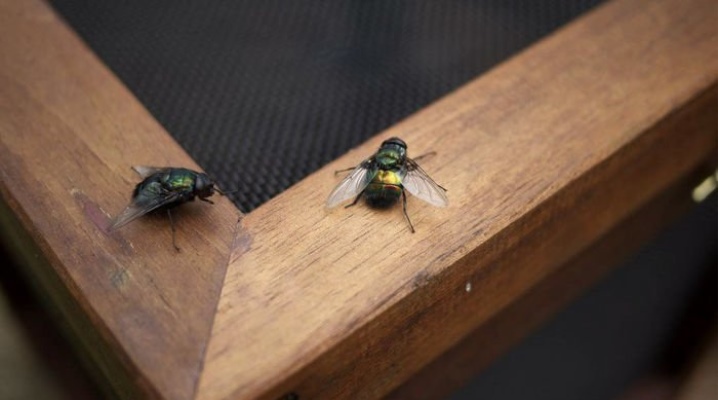
Flies "get" a person everywhere: in the apartment and in the country. It is difficult to hide from these insects, but it is really possible to fight them not only with dichlorvos, aerosols, powders and traps from chemistry, but also with simple "grandmother's" methods. This publication will talk about smells that repel flies and other folk remedies.
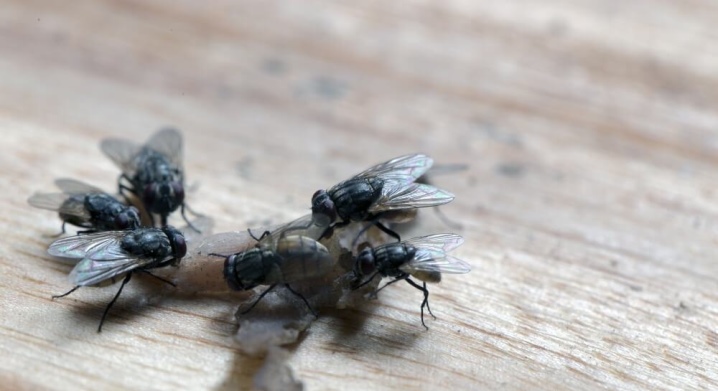
Plants
There are many plants in nature, the smells of which scare off flies. Moreover, in most cases these are herbs that a person grows in his garden and eats, but winged insects cannot stand their aroma.
If you spread spicy plants on the table, windowsill, and other surfaces, annoying creatures will not get to you.
The fragrant herb is also crushed and laid out in cotton bags, and sachets are made from spices. All this disperses the flies. Let's dwell on the most common plants.
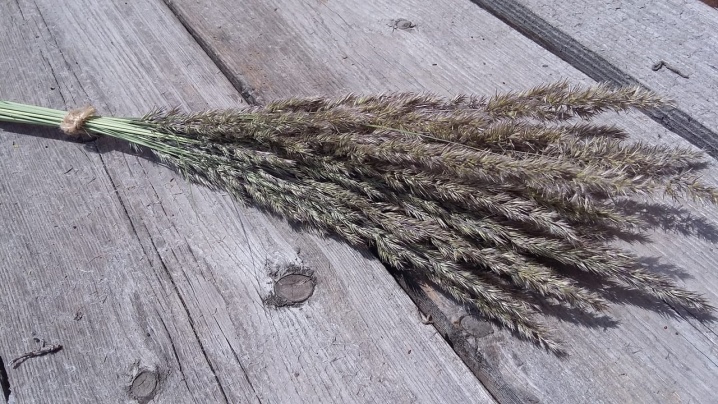
Basil
Basil grows almost everywhere, it is unpretentious to watering. Most people grow this fragrant plant for pesto sauce, and for use in salads with fresh feta cheese and tomatoes. But few people know that basil is one of the most effective remedies in the fight against flies.
Insects fly around this plant by the side, so in the country or in a private house, it is enough to plant it near the door, and in the apartment grow basil in pots on the windowsill... Thus, in the summer you will receive good protection not only from flies, but also from mosquitoes. On a picnic, a bunch of this plant will also do you well.
Any kind of basil will do, but if there are no fresh twigs, use dried herb: make a sachet and hang it at the entrance and near the window. Basil is effective in controlling insects in any form, so don't ignore the aromatic oil from this herb.
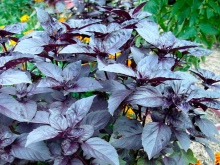
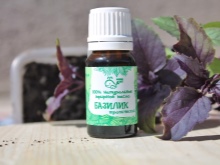
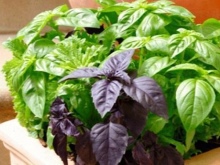
Tomatoes
Flies do not like the fruits of tomatoes so much as the tops and leaves of this vegetable. Knowledgeable people grow tomatoes even in apartments, choosing varieties with miniature fruits and a spreading bush, placing seedlings in boxes on the balcony or in pots on the windowsills.
Young leaves, stems of tomato bushes can be laid out on the surface of the refrigerator, wall furniture.
To enhance the smell and better affect the flies, the tops are crushed and laid out on the veranda or on the balcony.

Laurel
Bay leaf can not only season chicken broth or roast, but also scare away flies. If you do not grow it in your garden, on the balcony in a pot, then use a dry laurel leaf. It will disperse not only flies, but also other insects, and even mice.
Lavrushka can be broken, poured with a small amount of water and such bowls can be placed in places occupied by flies. You will get a pleasant air fragrance, besides, you will get rid of flies - this smell has a negative effect on them.
Be sure to lay the bay leaves (it is better to break them at least in half) near the trash can, or wash the floor with a strong laurel broth. It can also be used to wipe the work surfaces in the kitchen, where flies tend in the first place in search of food.
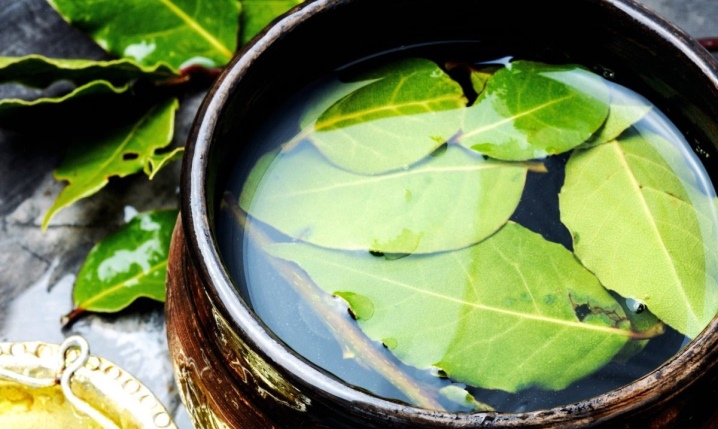
Sagebrush
Flies are also afraid of the smell of wormwood. The branches of this plant have the same effect as the branches of a tomato. Some stock up on wormwood to treat ulcers, burn wounds, gastritis and bronchitis. In dry form, the herb does not lose its properties and exudes the same strong aroma as fresh wormwood.
This is a good fly repeller, in addition, mosquitoes and other midges are not found near the wormwood.
So feel free to make bouquets and arrange them in vases; You will benefit from this plant in two ways: protect yourself from insects and improve your health if necessary.
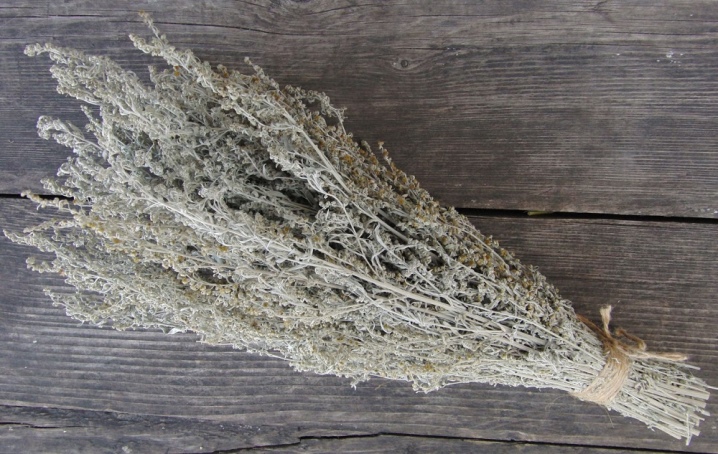
Mint
Almost everyone knows the mint smell, different varieties of this plant grow everywhere. By the way, have you noticed that where mint grows, there are fewer mosquitoes, ants, flies, fleas? Dry it and arrange it in cupboards to preserve food for longer.
And in an open space, the mint scent will scare away annoying flies and mosquitoes. A good example is when peppermint grows right next to the veranda - in this case, you can safely open the windows, protection from insects will work.
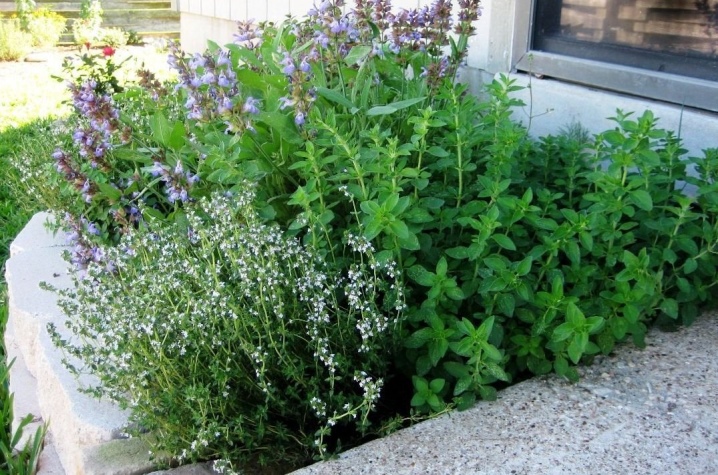
The only warning concerns swamp mint - this variety in large quantities can have toxic effects on children and pets.
Rosemary
Gourmets are familiar with such an herb as rosemary. It is also used in medicine, and planting near the house will effectively “work” against flies and mosquitoes. Keep in mind that cats don't like rosemary essential oil either, so use this moment to preserve your furniture: spread dry twigs on the couch and make yourself comfortable.
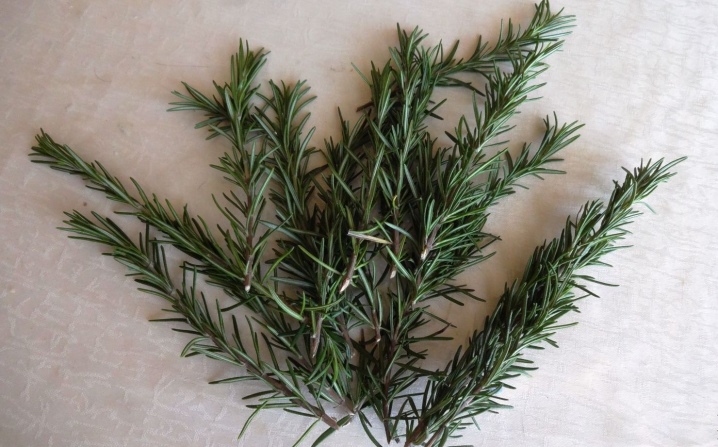
Other plants that protect against winged insects are lavender, tansy, elderberry, bird cherry and others. Plants that exude strong aromas can be planted around the perimeter of the personal plot, near the entrance to the house, and for those who live in a high-rise - in pots on the windowsill, on the balconies.
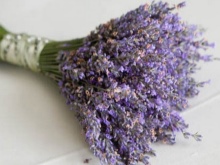
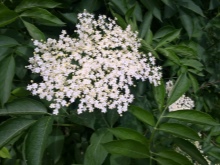
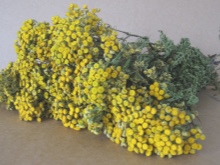
Essential oils
Throughout its history, mankind has learned to isolate those plants that help to heal and heal the body, enhance the taste of dishes, and also help get rid of insects. In the latter case, you can use essential oils of aromatic and spicy herbs.
There are many folk remedies using oil concentrates. Here are some recipes.
- Mix 1: 1 lavender and peppermint oils (preferably peppermint)... With this compound, treat windows and doors in the room.
- Add 10-12 drops of clove concentrate to 100 ml of water, tea tree oils and peppermint. The resulting solution is sprayed around the house.
- Do not like flies and lavender-cedar mixture... Mix the oils in equal proportions and wipe off - neither flies nor mosquitoes will touch you.
- Aroma lamps work well against insects.... Put enough warm water in a bowl, add 7-10 drops of essential oil from famous herbs, the smell of which repels flies, and light a candle. Just 10 minutes is enough for all the insects that have recently buzzed above you and haunted you to disappear.
- You can also protect your home from insects with a solution of sunflower oil (unrefined), peppermint oil and aloe vera (2 tablespoons, 30 drops and 1 tablespoon, respectively).
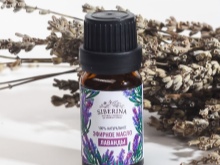
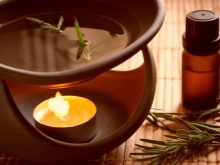
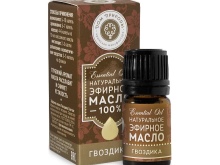
Flies quickly retreat from clove, citrus, lavender, rosemary, eucalyptus oils - it is enough to pour one of the listed components into the aroma lamp and light it. Essential oils of laurel and myrtle are considered the safest, however, it should be borne in mind that other essential oils can cause an allergic reaction.
So, if there are allergy sufferers in the house, it is better to refrain from this method. In this case, simply spray the vodka or place the swabs soaked in vodka. At the very least, this method will at least temporarily reduce the activity of flying insects.
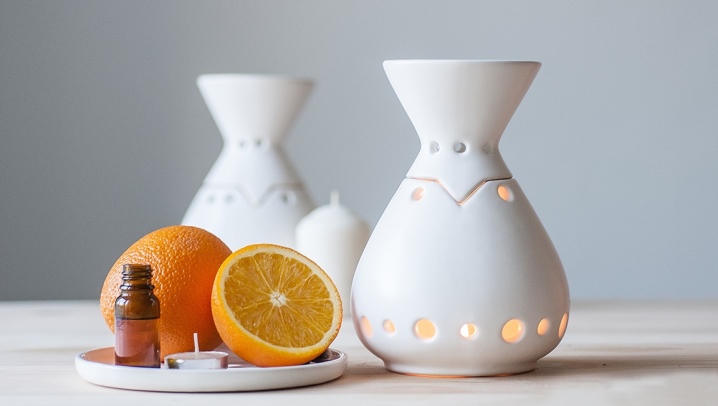
Vinegar
Flies are also afraid of the vinegar smell. You can scare them off by doing a wet cleaning and treating the surfaces with vinegar. This component is used when a lot of insects have flown. In this case, make a vinegar trap: bring water and vinegar to a boil.
Such a smell is not tolerated by flies in the house. Vinegar is considered poison for them.
It can be used both as a separate component and in combination with others, such as boric acid. Only in this case, surfaces that do not come into contact with food are treated.

Other deterrent odors
This "grandmother's" method will help to get rid of flies in the apartment: on a fresh peel of an orange or lemon, chop the peas of a clove.After a while, you will not hear flies flying into the kitchen.
Drives away insects and the smell of turpentine as well as kerosene. In small doses, these substances are not dangerous to humans, therefore it is advised to add kerosene to water when wet cleaning floors. In large quantities, they can be used outdoors in open areas.
Returning to plants, geranium should be noted.... The smell of this flower also serves as a signal for flies to bypass the room. In addition, geranium is also famous for cleansing the air, and is also effective in fighting viral infections.
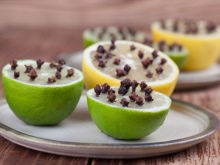

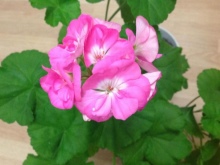













The comment was sent successfully.